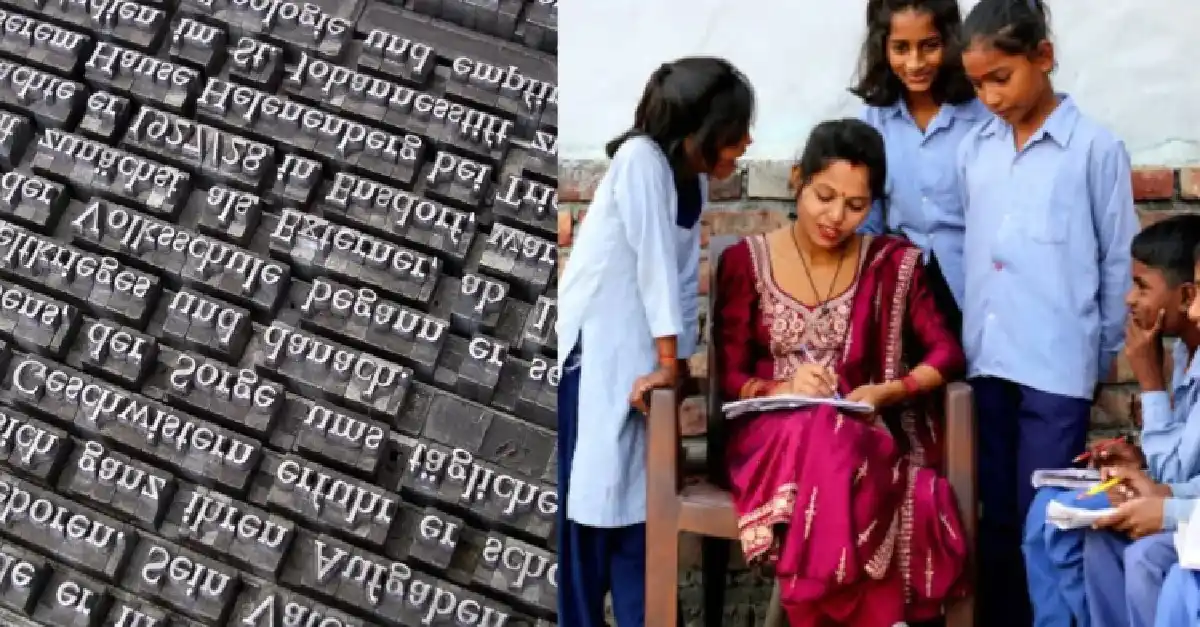
EducationToday News
March 1, 2025 at 05:21 AM
https://educationtoday.co/blog/blog-details?id=2897&url=Telugu-as-a-Compulsory-Subject-Challenges-in-Implementation
*Telugu as a Compulsory Subject: Challenges in Implementation*
The Telangana government has been pushing for Telugu to be a compulsory subject for students up to Class 10, regardless of the board of education. However, despite the state's intent, the actual implementation remains uncertain due to logistical and administrative challenges. Various education boards, such as CBSE, ICSE, and IB, must formally recognize Telugu as a mandatory subject and assign it a subject code to facilitate board examinations. Without this, the government's directive will remain largely ineffective.
Implementation Hurdles
Academicians have raised concerns over the absence of formal circulars from respective boards regarding Telugu as a compulsory subject. The principal of Hyderabad Public School (Ramanthapur), S. Narasimha Reddy, pointed out that students cannot appear for board exams in Telugu unless CBSE assigns an official subject code. Many schools conduct internal Telugu exams up to Class 9, but extending it to Class 10 without board approval remains a challenge.
The Telangana government first proposed making Telugu compulsory in 2018. By 2022, it issued an order mandating Telugu for all students up to Class 10. However, exemptions have been granted annually for Class 10 students, making the rule more of a formality than a concrete implementation.
Currently, CBSE recognizes two subject codes for Telugu—007 for Telugu and 089 for Telugu-Telangana. However, there is no separate code for compulsory Telugu, a significant roadblock to its full implementation.
Recent Developments
On February 25, 2025, the Director of School Education, E.V. Narasimha Reddy, issued a memo replacing the existing Telugu textbook, Singidi, with Vennela for subject code 089. The transition will begin in the 2025-26 academic year for Class 9 and 2026-27 for Class 10. This move aims to simplify Telugu learning for non-native speakers.
However, educationists argue that the real issue is the lack of a distinct subject code for compulsory Telugu, without which enforcement remains weak. Since education boards are hesitant to create a new code, the Telangana government's initiative faces continued delays.
Diverging Opinions
School principals are expected to meet with the Telangana State Council of Educational Research and Training (SCERT) in early March to discuss the way forward. The discussions will focus on resolving existing issues and clarifying the implementation framework.
Parents, on the other hand, have expressed mixed reactions. Some argue that making Telugu mandatory in a global city like Hyderabad could deter families from considering relocating. They believe that such policies should remain flexible to accommodate non-Telugu-speaking students.
Government’s Stance
Officials from the school education department have clarified that the latest memo is merely an extension of the 2022 directive. Acknowledging the practical challenges in implementing the policy, they have reassured that discussions with educational boards are ongoing. The government aims to reach a solution that ensures effective implementation without causing undue burden on schools and students.
The Road Ahead
While the intention behind making Telugu compulsory is to preserve and promote the state’s language and culture, the lack of a concrete implementation strategy raises concerns. Key challenges include:
1. Securing subject code recognition from CBSE, ICSE, and IB.
2. Ensuring uniform implementation across schools affiliated with different boards.
3. Addressing parental concerns about language imposition in a cosmopolitan city like Hyderabad.
Unless these issues are resolved, making Telugu compulsory will likely remain in limbo, with yearly exemptions continuing for Class 10 students.
The upcoming meeting between school principals and SCERT officials will be crucial in determining whether the Telangana government can successfully enforce its policy or if further exemptions will be granted. The uncertainty continues, leaving students, parents, and schools waiting for clarity on the next steps.
Share :-
twitter sharing button Tweetemail sharing buttonfacebook sharing button
*for more details visit*
https://www.theenn.com/video-2c140bb3d.html
https://youtu.be/qTxg10or3KM
